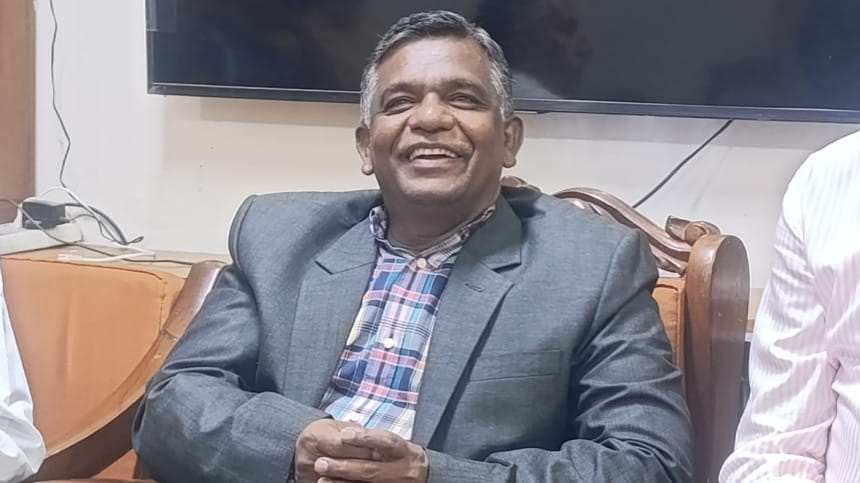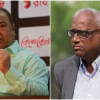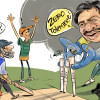Election, reforms not in BCB Boss’s list of priorities

When Aminul Islam Bulbul joined the Bangladesh Cricket Board (BCB) under unprecedented circumstances, replacing Faruque Ahmed as the president, it was expected that his major task would be reforms in the BCB constitution and bringing about elections in October.
During his introductory press conference on Friday, his statements did not reveal anything fundamentally different from what other presidents, such as Faruque, had said during their introductions.
On Saturday, however, he held an official board meeting, setting the list of priorities. Elections, changes in the constitution, or reforms needed in the board's structure were not among those.
He had said during his first day as president that he was looking to play a quick T20 innings as the BCB boss, but also contradicted himself by saying that he did not come here for just three months.
"We [Bulbul and Youth and Sports Advisor Asif Mahmud] discussed the decisions we've made about our action plans. There was no discussion regarding the elections," Bulbul said at an informal event of the Bangladesh Sports Journalists Association yesterday, after he had met the sports advisor at the National Sports Council (NSC).
"It hasn't even been 48 hours yet. We need to gather more information before speaking on that."
Instead, his focus has been on pilot projects to help spread cricket. But a short 'T20 innings,' as he described it, has to be more than just projects – it must address how to hold a fair election, when to hold the election, and how to ensure integrity and fairness in the board's functioning.
He talked about cricket in Bangladesh and decentralisation in cricket being his visions.
"Yesterday [Saturday], during the board meeting, we created a list of what we want to do. Everyone has been given specific responsibilities, and they have been asked to come back with their plans by June 30," he said, identifying that he wants to notch a 'triple century', consisting of 100 percent trust, 100 percent programs, and 100 percent reach while implementing the vision.
The programmes he talked about and planned are related to high performance and decentralisation. Constitutional changes may be needed to make regional cricket a reality, but there are more fundamental issues in the board's structure yet to be addressed.
Decentralisation has been a difficult concept to enact in Bangladesh cricket due to opposition from certain quarters within the board.
"This is not about decentralising power -- we want to decentralise cricket," Bulbul said yesterday.
But when asked if the board can overcome the internal resistance that regional cricket has faced over the years, he once again turned to grassroots cricket.
"Since this [decentralisation] is a critical need, we will take tough decisions if required – but it must be done with everyone's support. If we face resistance, we'll begin with outreach through cricket and then establish regional centers. Right now, our focus is on the 'Connect & Grow' program. We will take cricket to the grassroots level through our directors. But it won't be done in a bureaucratic manner -- we'll do it in a very simple, cricket-focused way," he said.
The coaches or cricketers and the development of grassroots cricket are not the immediate issues for a board that just let go of Faruque because organisational functions were not working.
When decentralisation has not been enacted in Bangladesh's history to date, it seems Bulbul is delving into forces that require more time than just three months.

 For all latest news, follow The Daily Star's Google News channel.
For all latest news, follow The Daily Star's Google News channel. 








Comments